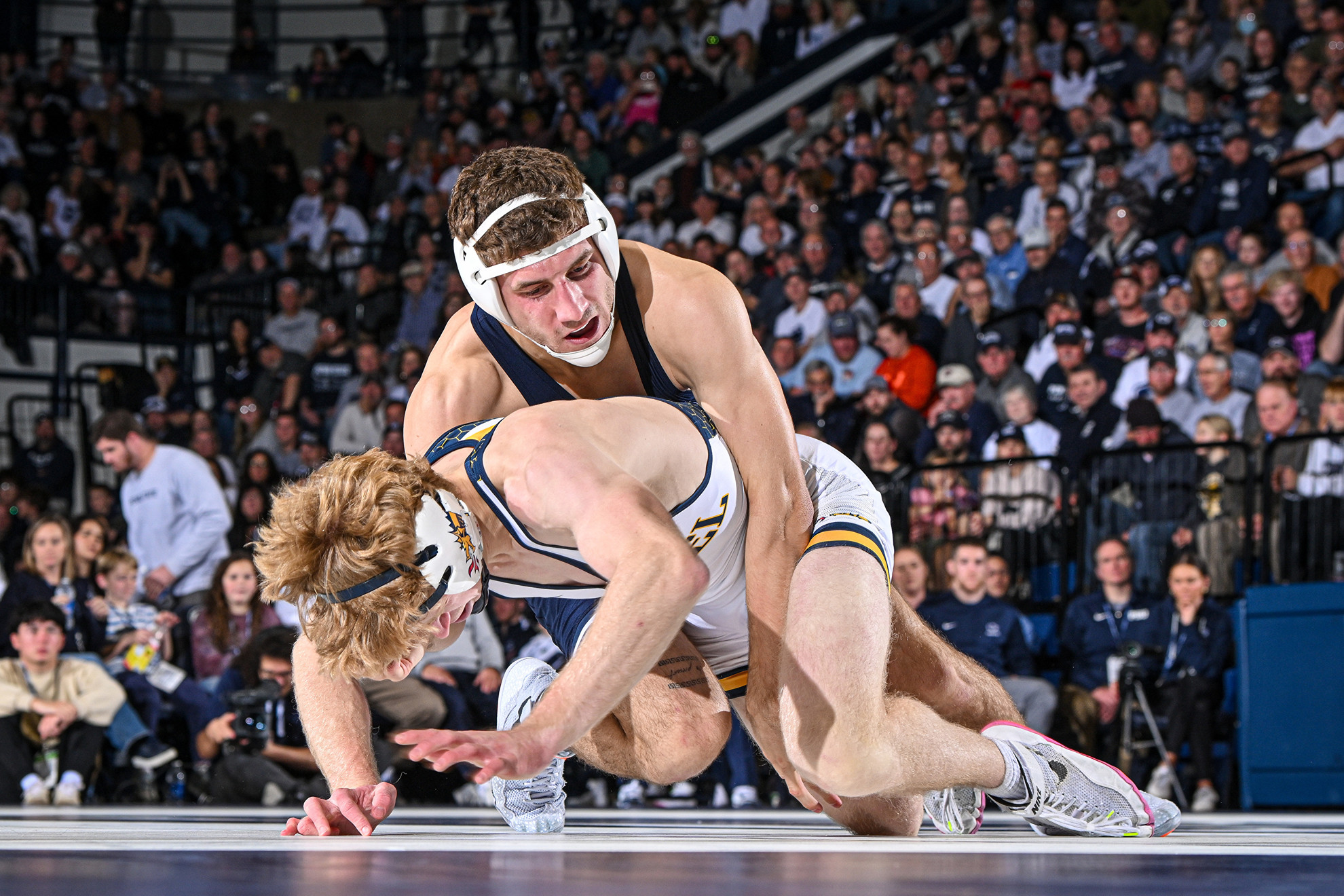A2102 Insights
Explore the latest trends and news on technology, lifestyle, and more.
When Wrestling Meets Shakespeare: The Drama in the Ring
Explore the thrilling intersection of wrestling and Shakespearean drama, where every match is a play and every move tells a story!
The Tragic Heroes of the Ring: Shakespearean Influence in Wrestling
The world of wrestling, much like Shakespeare's plays, is rife with tragic heroes whose journeys resonate with themes of ambition, betrayal, and the quest for redemption. Much like the characters from the Bard's timeless tales, these wrestlers navigate a realm where personal aspirations often collide with the harsh realities of fame and fortune. For instance, the dramatic rise and fall of wrestling icons echo the fates of characters like Macbeth or Hamlet, whose flaws lead to their ultimate demise, creating a powerful narrative that captivates audiences and draws parallels between the squared circle and the stage.
In both wrestling and Shakespeare's works, the tragic hero is defined not only by their extraordinary talents but also by their internal struggles and moral dilemmas. Wrestlers such as Randy Savage or Eddie Guerrero exemplify this archetype, showcasing their brilliance in the ring while grappling with personal demons outside it. The influence of Shakespeare can be traced in their storytelling, as these athletes evoke strong emotions through their performances, inviting fans to witness their triumphs and tragedies unfold in real-time. The blend of theatricality and sport fosters a connection that transcends entertainment, allowing audiences to explore the profound complexities of humanity, both on and off the mat.

The Art of Storytelling: How Shakespearean Techniques Shape Wrestling Matches
The Art of Storytelling in wrestling mirrors the compelling narratives crafted by Shakespeare. Just as the Bard expertly delved into the complexities of human emotion and conflict, wrestlers use Shakespearean techniques to create captivating storylines that resonate with audiences. The dramatic arc of a wrestling match often unfolds like a Shakespearean play, where characters (wrestlers) face off against formidable adversaries, confront inner demons, and experience moments of triumph and despair. Each match becomes a performance, rich with dramatic tension and character development, captivating spectators much like the audience at the Globe Theatre.
Key elements of dialogue and visual storytelling are prominent in both Shakespearean theater and wrestling. Wrestlers often engage in verbal exchanges and pre-match promos, akin to soliloquies, delivering impactful lines that enhance their personas and fuel rivalries. The use of metaphor and symbolism in wrestling—such as the hero’s journey or the betrayal trope—adds depth to the narrative, creating an emotional investment for fans. Ultimately, the blend of Shakespearean techniques in wrestling not only enriches the matches themselves but also fosters a deeper connection between the performers and their audience, celebrating the timeless art of storytelling in a modern arena.
What If Shakespeare Wrote a Wrestling Match? Exploring Dramatic Flair in Sports
Imagine, if you will, a wrestling match penned by the master of the quill himself, William Shakespeare. In this grand spectacle, the arena transforms into a stage, where the participants are not mere athletes, but tragic heroes and cunning villains, each delivering soliloquies as they grapple for supremacy. The crowd, a mix of raucous peasants and noble lords, listens with bated breath as Shakespeare's characters engage in a verbal duel that is as intense as the physical struggle unfolding before them. Would we hear the likes of 'To pin or not to pin, that is the question' echo through the amphitheater as bodies clashed and sweat dripped from furrowed brows?
As the match progresses, the atmosphere thickens with tension and suspense, resembling the intricate plots of Shakespeare's own plays. Each move in the bout serves not just as a means to score points but as an artistic expression of the characters' inner turmoil and motivations. Victory becomes a dramatic twist of fate, akin to the unexpected endings found in Shakespearean tragedies, where betrayal, love, and ambition intertwine. The wrestlers, like characters in a majestic opera, use not only their physical prowess but also their eloquence to woo the audience, leaving them to ponder: What if sport could embrace such profound dramatic flair?